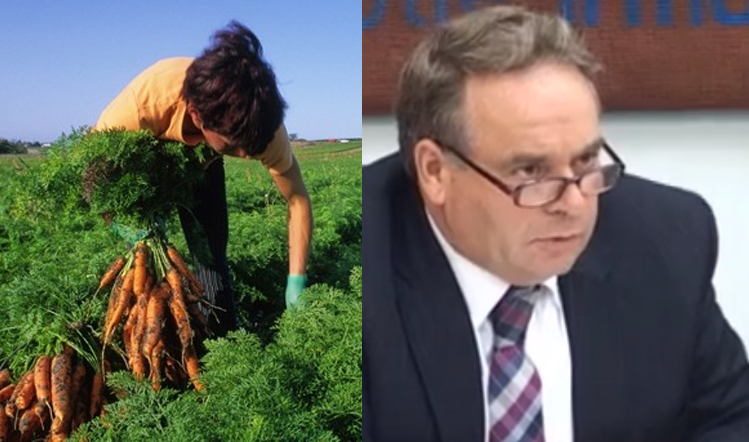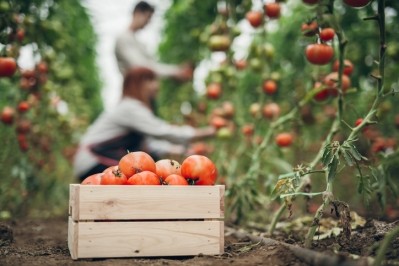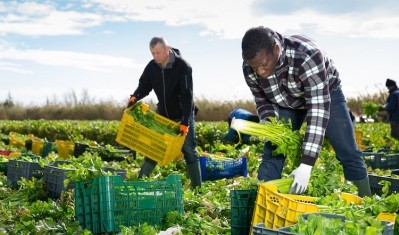Labour shortages risk permanent damage to food industry: EFRA Committee

The Committee was frustrated by the reluctance of Government to engage with the industry over labour shortages and the failure of ministers to understand the issues, who even sought to pass the blame onto the sector.
It urged a radical rethink by the Government to prevent future interventions coming too late.
Committee’s suggestions
Suggestions included revised immigration measures, with calls for a review of the Skilled Workers Visa scheme to address the complexity and costs faced by employers and tailoring the English language requirement to meet the needs of the sector.
However, the Committee also called for a reduction in the reliance on oversea labour in preference for a long-term labour strategy that grows and develops home-grown talent.
Without fundamental changes, the UK would face a chain reaction of wage rises, leading to price increases and food production being exported abroad, it warned.
EFRA Committee chair Neil Parish said: “In 2021 farmers faced an extraordinary situation – crops were left to rot in the fields and healthy pigs were culled due to a lack of workers.
‘Particularly disappointing’
“This has serious implications for the well-being of the people who put food on our tables today and in the future. The Government’s attitude to the plight of food and farming workers was particularly disappointing.
“While some of the reforms put forward by Government have helped in the short term, and we agreed that we must look to expand the domestic workforce – this won’t happen overnight. In the meantime, it must use the powers available – including over immigration policy - to support the sector. Otherwise we will export our food production and import more of our food.
“Even more importantly, Government must change its attitude to the food and farming sector – trusting them and acting promptly when they raise concerns. Our food and farmers depend on it.”
Government response
A Government spokesperson said: "We fully acknowledge that the food and farming industry is facing labour challenges and we continue to work with the sector to mitigate them. This includes DEFRA’s [the Department for Environment Food and Rural Affairs's] upcoming response to the automation review - the first step in understanding how the Government can support the uptake of automation technologies and reduce horticulture’s reliance on seasonal migrant labour.
"We have given the industry greater certainty by enabling the seasonal workers scheme until the end of 2024, allowing overseas workers to come to the UK for up to six months to work in the horticulture sector. Our new points-based immigration system also expanded the Skilled Worker route to many more occupations, including butchers, who can now be recruited from anywhere in the world."
















